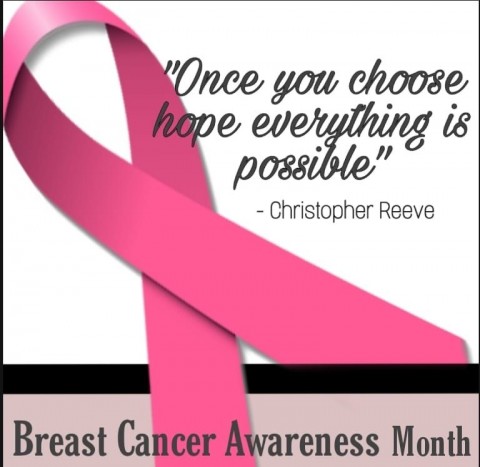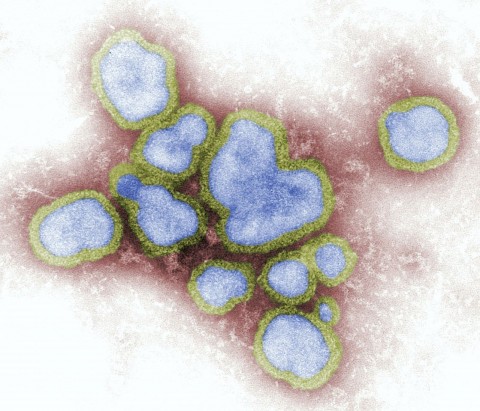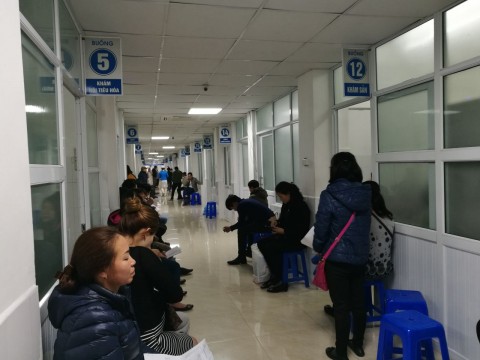Breast Cancer Awareness Month
This week we celebrate Breast Cancer Awareness month. Although breast cancer is more common in women it's important to know that it can occur in both men and women. Breast cancer occurs when the breast cells grow in an abnormal way, forming a lump in the breast, often beginning with the milk-producing ducts.
Women between the ages of 45-54 should get a mammogram done at least once a year. However experts in the field say that 5 out of every 10 cases are related to a genetic mutation.Therefore, if someone has a known family history of Breast Cancer, then they should start doing breast exams earlier and consult with a doctor between the ages of 40-44. A study by the American Cancer Society showed that breast cancer death rates declined 40% from 1989 to 2016 among women. The progress is attributed to improvements in early detection.
When should I see a doctor?
It is recommended that you see a doctor if you have one of the following symptoms:
- Feeling a lump in one’s breast
- A change in size, shape, or consistency on the breast
- A change in the skin around the breast
- A newly inverted nipple
- Peeling or scraping around the nipple
- Loose breast tissue
What is a self-Breast examination and how do I do it?
While the Self-Breast examination isn’t 100% reliable, it does create awareness of how your breast should look and feel. If you notice a difference in the appearance, a lump, and a change in size, then they should see a doctor.
For a full explanation on how to do a breast exam – see link here
Mammograms
A Mammogram is an X-ray of the breast and it can find tumors of cancerous cells many years before they become dangerous. Doctors recommended that women who are over the age of 50 get Mammograms every year. Women who have a family history of breast cancer should consult with a doctor from 35 years old. For more info click - here
Prevention
Research shows that there are many lifestyle changes that can help women and men prevent themselves from getting Breast Cancer.
- Limit your alcohol intake - Alcohol contains Estrogen and other hormones that are associated with Breast Cancer. It is recommended to drink up to one drink a day and no more.
- Smoking - Smoking is known to be a cause for many types of cancer, including Breast Cancer. So, if you want to reduce the chances of getting Breast Cancer then you should stop smoking.
- Managing your weight - A study done by the American Cancer Society showed that fat tissue increases Estrogen levels in people. Women who are overweight tend to have higher levels of Insulin and other hormones that can be linked to Breast Cancer.
- Breastfeeding - Many studies have shown that women who breastfeed have a lower chance of developing Breast Cancer. In fact, a study by the Collaborative Group on hormone factors in Breast Cancer showed that women who breastfeed for at least 12 months decrease their chance of getting breast cancer by 4.3%. Women who breastfeed multiple children for more than 31 months can lower their chance by 91% compared to women who breastfed for less than 10 months.
- Avoid exposure to radiation - Radiation is known to be a cause for cancer. So, avoid radiation unless absolutely necessary.
Treatment
Once you see a doctor, they will likely want to know your medical history and do a physical examination. There are many tests that doctors can do in order to determine if someone has Breast Cancer. Breast imaging testing or mammograms are the first thing that will help determine the situation. If further testing is needed then the doctor may ask you to get an ultrasound, an MRI, or even a biopsy.
Estrogen-blocking medications, such as selective estrogen receptor modulators and aromatase inhibitors, reduce the risk of breast cancer in women with a high risk of the disease, consult with a doctor before using. Some women prefer having their breasts removed rather than do radiation.
This week, we encourage everyone to become familiar with the self-breast examination.Medical experts report that two-thirds of all cancers are preventable, and early detection is the key!
When you subscribe to the blog, we will send you an e-mail when there are new updates on the site so you wouldn't miss them.








